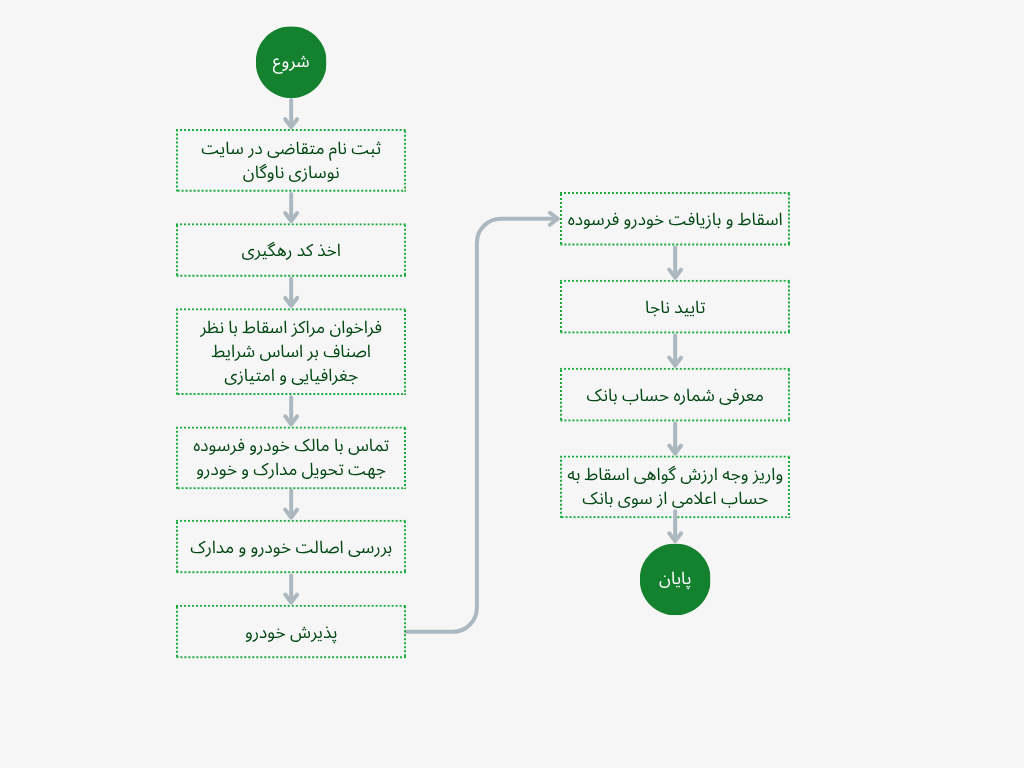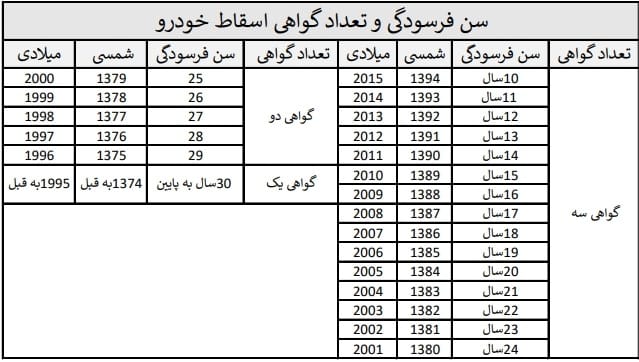Vehicle Scrapping and Compensation Conditions Replacement Facilities
- Receiving replacement incentives with official authorization from the Ministry of SAMT
- Fast, secure, and hassle-free process.
What is the Alternative Plan?
Alternative Plan for cars refers to a program designed to renovate the fleet of old and worn-out vehicles. This plan is usually implemented by the government, automakers, or related organizations, aiming to reduce air pollution, increase vehicle safety, and improve fuel efficiency.

Alternative Plan Consultation Form
Please fill out the form below so that our experts can contact you.
Which vehicles are eligible for scrapping?
Check here everything from age and technical condition to air pollution and required documents.
Vehicle Age
Vehicles that have exceeded a specific period (e.g., 10 years) from their manufacturing date are eligible for scrapping.
Usage Duration
Vehicles that have exceeded a certain mileage limit are eligible for scrapping.
Air Pollution
Vehicles that do not meet environmental standards and produce excessive pollution must be scrapped.
Vehicle Mechanical Condition
Vehicles with major defects—such as engine failure, brake malfunction, or suspension system issues—are eligible for scrapping.
Required Documents
The vehicle owner must provide documents such as the vehicle registration card, ownership certificate, and other legal documents required for the scrapping process.
Debt Settlement and Vehicle Seizure
To proceed with the scrappage process, the vehicle must be free of any outstanding debts or legal seizures. It must be fully clear and unrestricted.
Determining Vehicle Obsolescence Age
Reviewing the Key Criteria for Identifying Vehicles Eligible for Scrappage

What Factors Contribute to Vehicle Obsolescence?
The obsolescence age of a vehicle depends on various factors, which may include the following:
Usage Duration
The vehicle’s age is calculated from its manufacturing date, and the longer the time passed, the higher the likelihood of obsolescence.
Mileage Traveled
The distance a vehicle has traveled is an important factor in determining obsolescence. Vehicles with higher mileage typically experience greater wear and tear.
Maintenance and Periodic Servicing
The quality of maintenance and repairs performed on a vehicle greatly affects its lifespan and degree of obsolescence. Vehicles that receive regular servicing generally have a longer lifespan.
Usage Conditions
The type of vehicle usage is also important. Vehicles used under harsh conditions or heavy traffic may experience obsolescence more quickly.
Build Quality
The quality of the parts and materials used in manufacturing a vehicle also affects its obsolescence age. Vehicles of lower quality tend to become obsolete sooner.
Weather Conditions
The weather conditions of the region where the vehicle is used can also impact the vehicle’s obsolescence.

Required Documents for Vehicle Scrappage
- Vehicle Registration Certificate
- Vehicle Registration Card
- Owner’s National ID Card
- Fuel Card
- Municipal Taxes
- Government Service Center
- Traffic Violation Report from Police +10 Centers
- Transfer Tax
- Traffic Zone and Toll Road Charges
